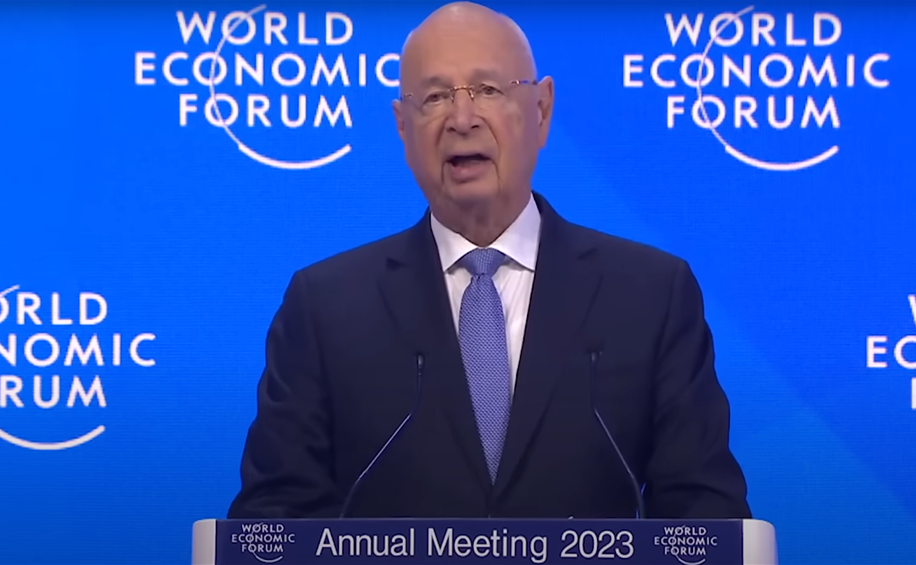Rampant disinformation is stifling progress toward an informed public and functioning democracy. But a concerning shortage of world leaders is moving to address the crisis.
At the first full day of the World Economic Forum meeting in Davos, Switzerland, this January, Walter Shorenstein Media and Democracy Fellow Brian Stelter encountered a wave of falsehoods flooding Twitter. Klaus Schwab, the forum’s chairman, was speaking on stage as Stelter scrolled through the app, where he noticed a tweet from a self-proclaimed “investigative journalist” who claimed that Schwab was skipping his own conference.
Copycat posts and clickbait articles amplified the false claim, featuring speculations of health problems and schemes, even as Schwab stood live in front of Stelter. This is one example of information pollution that Stelter worries leaders and the public have begun to meet with “with too many shrugs and too little urgency,” as if they have accepted that “crazed lies will always crowd out facts all over the internet.”
Stelter moderated a panel at the forum, titled “The Clear and Present Danger of Disinformation,” wherein panelists agreed society has accepted a dire level of information pollution. To address the problem, said Stelter and A.G. Sulzberger, the publisher of The New York Times, more organizations need to meet it head-on with sustained efforts — not only a handful of news outlets, universities, and literacy organizations.
Stelter said, “On Elon Musk’s Twitter, nonsense from an anonymous source and a correction from a credentialed expert are often equally weighted, advantaging bad faith actors over good faith fact-checkers.” Lies like claims of Schwab’s absence are destructive in this way. As Stelter said, “Disinformation is the poison that chokes the atmosphere, cements distrust and makes collaboration impossible.”
Sulzberger explained that the forum should have tackled disinformation further, saying it attacks trust. “And once you see trust decline, what you then see is, societies start to fracture. And so you see people fracture along tribal lines. And that immediately undermines pluralism. And the undermining of pluralism is probably the most dangerous thing that can happen to a democracy.”
Vera Jourová, the European Commission’s VP for Values and Transparency, stressed that democracies must ensure that “disinformers do not find the feeding ground, the society which is willing to get brainwashed.” She said this starts not with mandates or takedown notices, but with education.
Header image screengrab from World Economic Forum 2023 Welcoming Remarks and Special Address.

